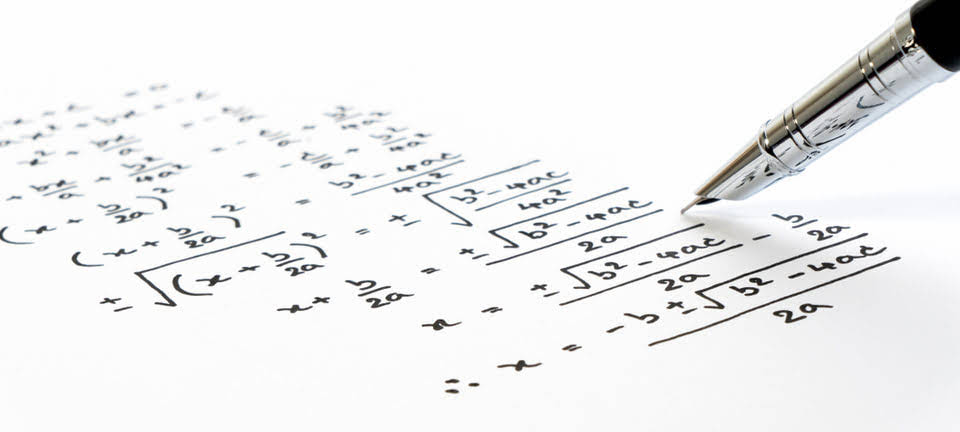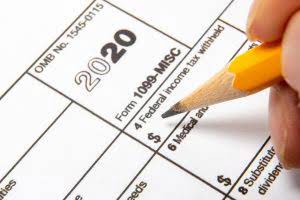
In contrast to this, the check received from the state government is considered to be valid for 6 months. The rule for the validity of checks issued by the state government can vary according to the state legislature in America. As noted above, banks are legally obligated to honor a personal check for up to six months. If you find an expired check, you may want to contact whoever issued it before attempting to cash it. As mentioned, personal checks are usually valid for up to six months after the date they were issued, but you shouldn’t count on the bank to pay attention to the dates.
- Treasury (such as a tax refund you might have received) are typically good for one year vs. six months.
- Choose from business checking, business credit cards, merchant services or visit our business resource center.
- This means that they’ve instructed their bank not to pay the check.
- Or, they might accept it and the issuing bank might not pay the check.
- SoFi does not guarantee or endorse the products, information or recommendations provided in any third party website.
- A bank will, in good faith, do all it can to stop payment on a check, but a bank will not guarantee that the check will not be processed.
- Beyond that, it is up to the bank’s discretion, which may include contacting the account holder for approval.
Stale Checks

In most cases, this is a way to nudge people to cash checks in a timely manner. Most banks still honor personal checks for a full six months (180 days) after the issue date. This is because after six months, most banks and credit unions will refuse to cash checks as they consider them “stale” after this period of time has passed. As per the law, usually, the 6-month time frame for check clearance is applied to personal and business checks in the U.S. It means this is also applicable for the payroll checks which are commonly used to give the net sales monthly pay stubs for employees or are the fees received from the clients.
What Can I Do if My Bank Honored a Stale Check Without My Permission?
- Make purchases with your debit card, and bank from almost anywhere by phone, tablet or computer and more than 15,000 ATMs and more than 4,700 branches.
- This expiration date makes sense when you consider that people often use checking accounts for smaller, day-to-day expenses.
- The report only includes stale-dated checks that are eligible for reissue, and any new stale-dated checks are added from the prior quarter.
- Again, you might contact the bank (this time, the issuing one) to inquire whether the check can be deposited.
- Checks issued by the federal government (such as tax refunds or benefits) usually carry an expiration date of one year.
- Perhaps they could re-issue the check or confirm they can still honor it.
They typically don’t expire but are often subject to state unclaimed property laws. If a person has been given a personal or business check, it is important to understand that the check has a limited period during which it is valid. Most personal checks have a maximum time frame in which they can be presented to a bank before they become stale or invalid. The standard period is usually 180 days, i.e., 6 months, from the date on which the check is issued.

What Are NSF Fees and How Can You Avoid Them?

US Treasury checks are government-issued checks valid for one year from the date issued. Even if they expire, you can still get stale date check a replacement by contacting the agency that authorized the check. In addition, the check writer may decide to put a «stop payment» order on the check.
- Even with this, many banks will still accept them up to the usual 180-day limit without difficulty.
- Another thing a person can do to prevent a stale check from clearing is to freeze their account.
- However, the institutions and companies that issue them may have rules determining when unused money orders become considered abandoned property.
- Ruled that banks can retrieve funds after the issuer’s requested void period unless that person specifically instructed the bank not to honor the check after that time frame.
- As a business owner, you should take time to clearly outline how your company handles stale checks.
If you discover you have an outdated check, don’t panic—you might still be able to get your money. The exact due diligence requirements vary by state, but a formal letter to the check recipient is usually a good idea. Letters should alert the owner of your obligation to turn over the property to the state.
- Banks set their own policies and can decide at their discretion whether to process an old check.
- Waiting too long could also result in the payer stopping payment on the check.
- Expiration dates and other issues regarding check use are governed by the UCC—that’s a set of laws that regulate commercial transactions in the U.S.
- Checks can be a convenient way to make and receive payments.
- It prevents the other business owner who is on the client-side of the table from cashing old and new checks, thereby maintaining transparency in the business.
- Typically, personal checks are good for six months (or 180 days) from when they’re dated.
This could help you avoid any surprise fees because of negative balances. While payroll, personal and business checks expire within six months, money orders do not have a common expiration date. Generally, money orders do not expire, but state laws and issuer rules can influence the money order’s life expectancy. This means that, in theory, you can cash a money order at any point in time. Although, each state and financial institution can instate rules like considering old money orders to be abandoned property or charging a fee after a certain amount of time. A stale check is a check that remains undeposited or uncashed long after the date on which it was issued.
